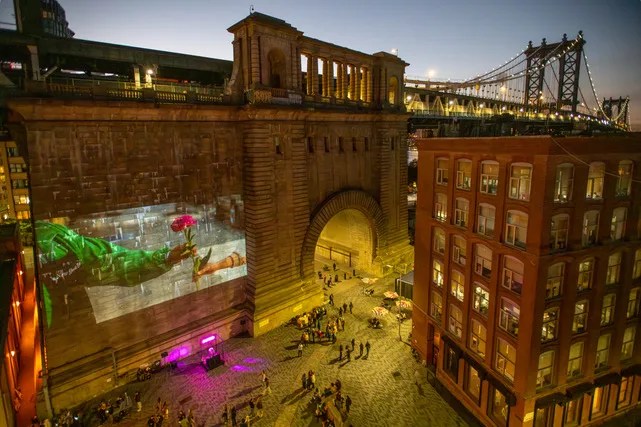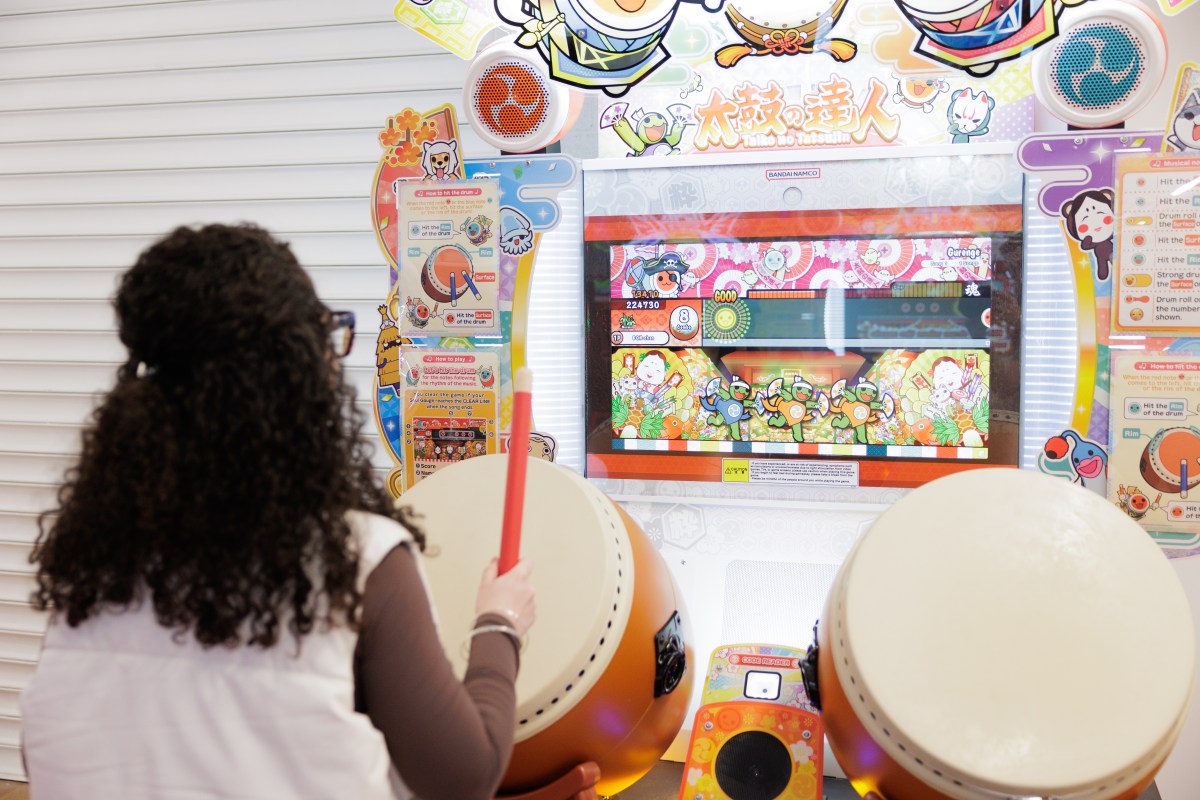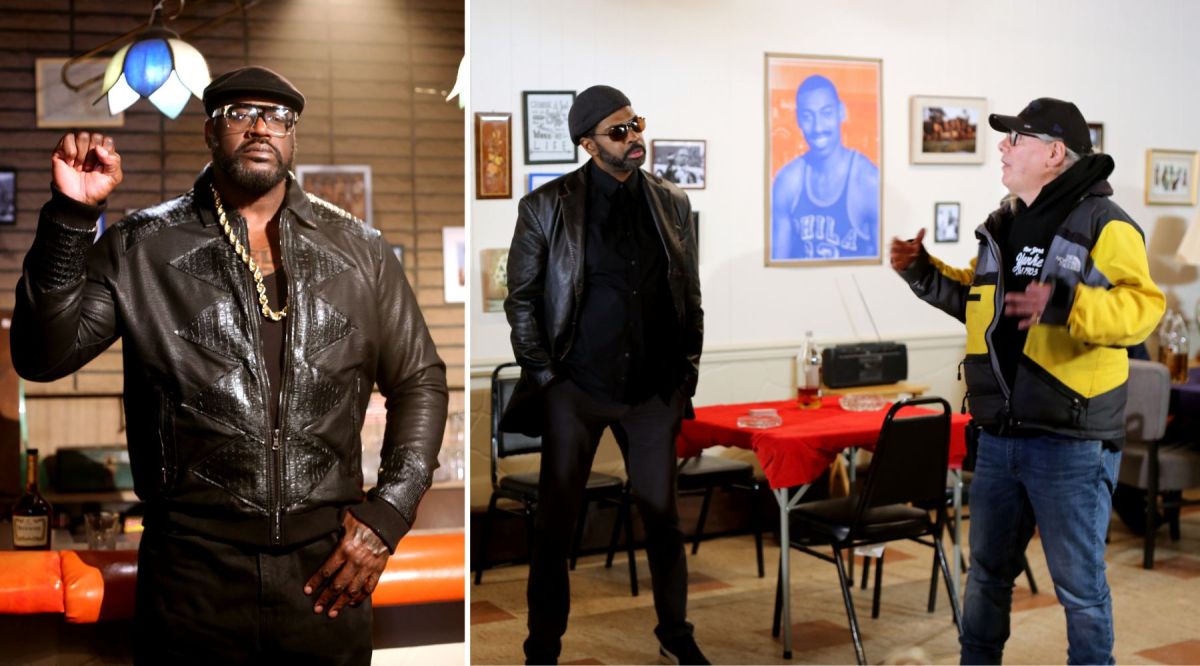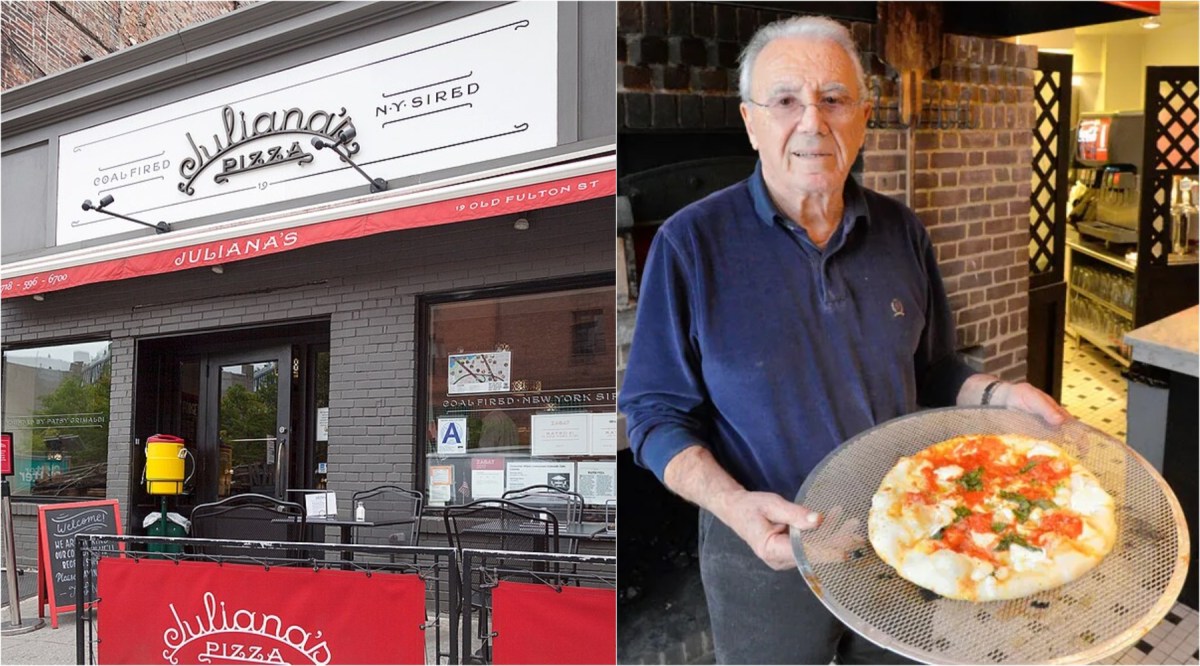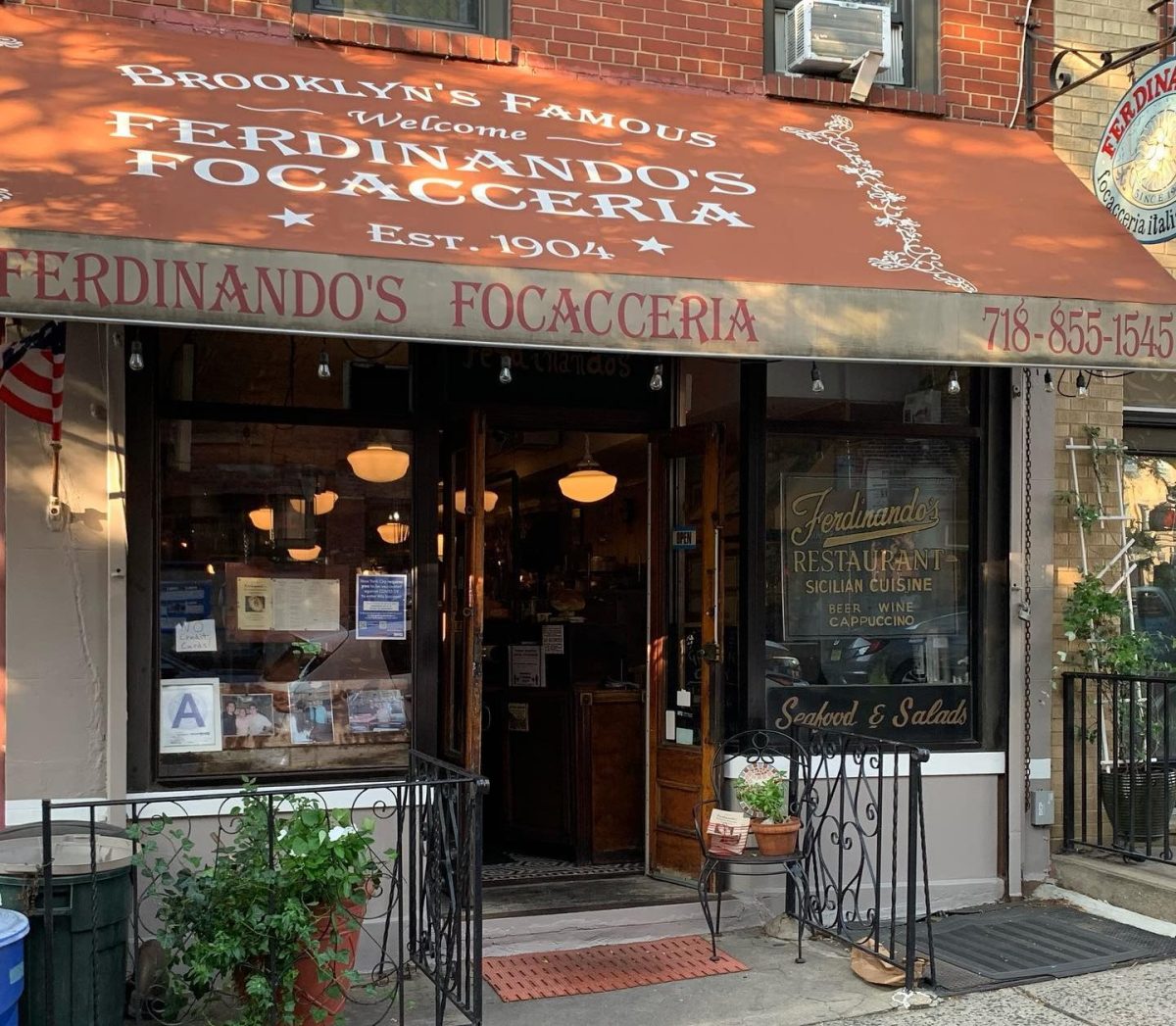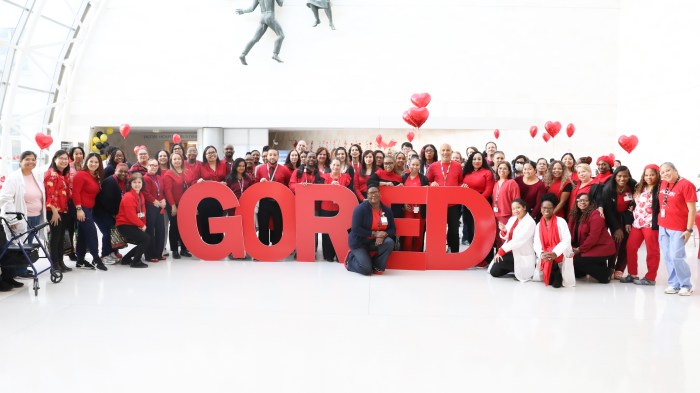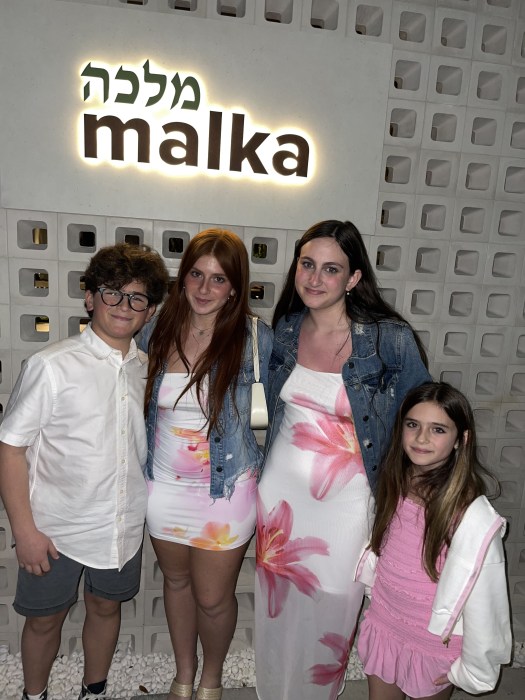Makeup entrepreneur Helena Rubinstein gets a fitting tribute in a marvelous exhibition currently up at The Jewish Museum.
“Beauty is Power” explores the way Rubinstein, a Polish-born cosmetics magnate who opened her first beauty business in Melbourne, Australia, before moving to New York in 1915, democratized beauty and made it “accessible to all,” according to curator Mason Klein.
The exhibition is as layered as Rubinstein herself, going beyond the business empire to showcase her incredible private art collection, as well as breathtaking jewelry and fashions by designers such as Elsa Schiaparelli and Cristóbal Balenciaga.
Paintings by such celebrated artists as Frida Kahlo, Georges Braque and Henri Matisse have been pulled from her collection. One wall is dedicated to just portraits of Rubinstein, who sat for Pablo Picasso and Andy Warhol, among others.
Rubinstein had a great eye, and not just when it came to Western art. She was one of the first collectors to treat artworks and sculptures from Africa and the Pacific region seriously as art, as opposed to anthropological objects, which was a common attitude in the early 20th century. In the exhibition, African statues from her collection are displayed alongside their Western counterparts for a fascinating global perspective of the works in the context of their time.
Rubinstein also had a passion for dioramas, and one of the final galleries of the exhibition is dedicated to seven miniature rooms depicting an 18th century French rococo salon, a 19th century London curiosity shop, an early 20th century Montmartre artist’s studio and more. These quirky dollhouse-like creations are astonishingly detailed.
Rubinstein was peerless. It’s definitely worth peeking into the fascinating life of this grand, unique woman and icon of female entrepreneurship through the lens of this captivating display.






